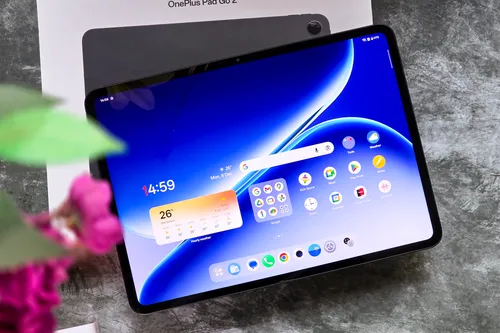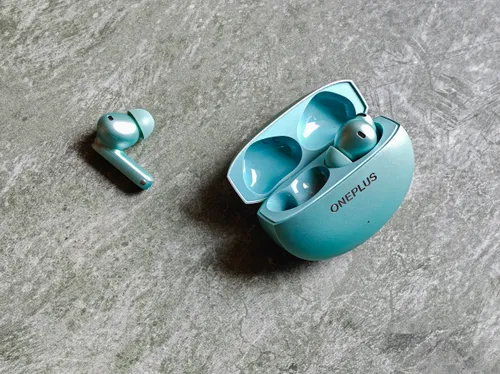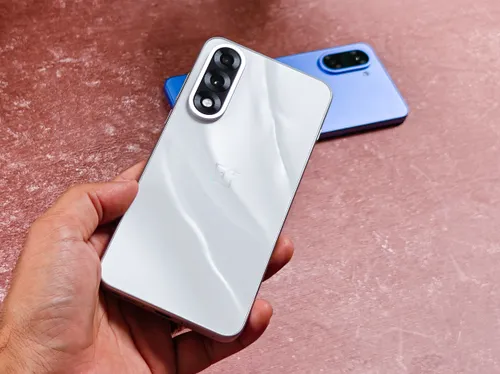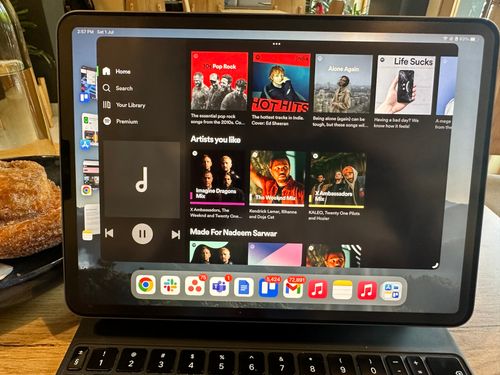
Spotify wants to show music videos and swipe more money form your wallet
Apple Music has music videos. YouTube Music also has video-watching facility. Spotify, which owns nearly a third of the music streaming market, is now dreaming of serving you music videos. It won’t come free, duh!

Some rich dude thought you need ChatGPT on an e-bike. So, here it is…
Imagine an e-bike. Now imagine if it had the world’s smartest talkative AI. Voila! Utopia just made an e-bike that lets you have a conversation with ChatGPT. It’s absurdly needless, yet maddeningly interesting!
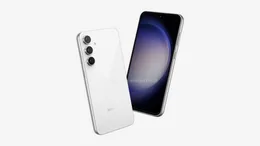
Oh hey, look, Samsung is making a budget flagship phone again for us peasants
If you ever had wet-dreams of owning a Galaxy S23, but your bank account made you cry sad tears, rejoice! The Galaxy S23 Fan Edition is coming soon, and it’s gonna be just a lil bit affordable.
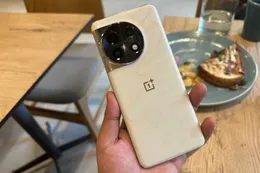
We got our hands on the marble-y OnePlus 11. Good lord, it’s stunning!
This is the most beautiful phone on this side of the human galaxy. By far. Also, it's wicket fast. And it charges at 100W like a mad mofo. That 100W charger comes in the box. For free. Nuff said!

This paper-thin transparent skin patch is also a speaker, and a mic, too
Bond can be slick and seductive at his spy game with cutting-edge gizmos, but he got nothing on nerdy scientists making a transparent skin that turns into an invisible mic or a speaker.
Google Search could be smothering your creativity
A Carnegie Mellon University study reveals starting your brainstorming process with Google can be detrimental to the group's creativity.
Teams relying much on search engines often produced inundatingly same, less original ideas due to a cognitive bias called "fixation effect," where seeing popular answers converges our thought process instead of diverging it.

While individuals weren't necessarily dumber with Google, groups of Google users seemed to get stuck in a rut, often coming up with the same common ideas, sometimes even in the same order! Talk about a copy-and-paste creativity crisis.
"This appears to be due to the fact that Google users came up with the same common answers, often in the same order, as they relied on Google, while non-Google users came up with more distinct answers," explained lead author Danny Oppenheimer.
EDITORS' PICKS

